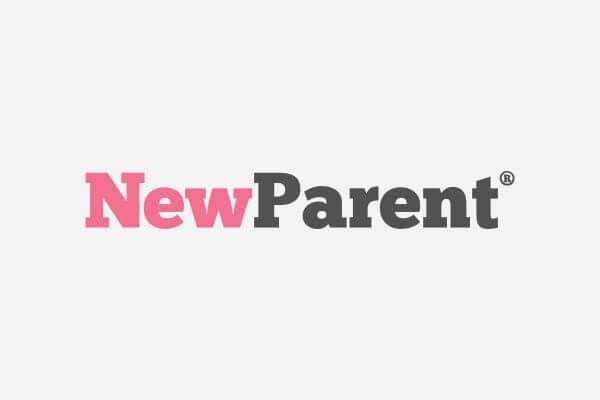Now that studies have proven it’s okay for working moms to send their children to day care before the age of 3, it’s time to move on to something more important: What should they be learning when they get to preschool? Today, Parents Ask contributor Tabitha Dell Angelo discusses:
Q: Flash cards or free play: What Should our Kids be learning at preschool?
A: At my child’s daycare he is learning the structures and functions of the brain. He’s three years old. The teachers at his school truly believe that the children understand this content. In fact, if they call out to the class, “Everyone point to your frontal lobe!” the children will all obediently point to their forehead. I wondered what the children really understand or if they are just parroting back what the teacher does. And more importantly, is this appropriate for early childhood education?
Memories of childhood can be so sweet and comforting. Often, the sheer experience of a memory can sustain us through difficult times and fuel resilience in the face of adversity. Many parents may ask themselves what kinds of memories they are creating with their little ones. Is it swing sets and bedtime stories or flash cards and brainy baby videos? A controversy currently exists about how much children should be pushed to excel academically and when that push should begin. Also at issue is what the push should look like.
Some researchers believe that you can teach children to read before they are out of diapers. Others insist that children don’t need formal reading instruction until they are school. To be sure, there were many generations of people who fared well absent Baby Einstein videos – take for example, Einstein. On the other hand, our [American] culture has evolved to be highly competitive and reliant on high-stakes assessments. This current context makes many parents nervous about how to best support their children’s future.
My view on this is one of skepticism regarding early introduction to any activity that is too “school like”. Exposure to a rich and varied environment is the key to supporting learning in early childhood. Parents might spend time talking to their children, reading books with them, making up silly stories, visiting museums, preparing food together, taking walks around the neighborhood and examining trees and leaves, or just putting on music and dancing around the living room together. All of these activities are far more likely to engage children’s imagination in a way that will build cognitive abilities.
Click here to read the full story
Flash cards or free play?

